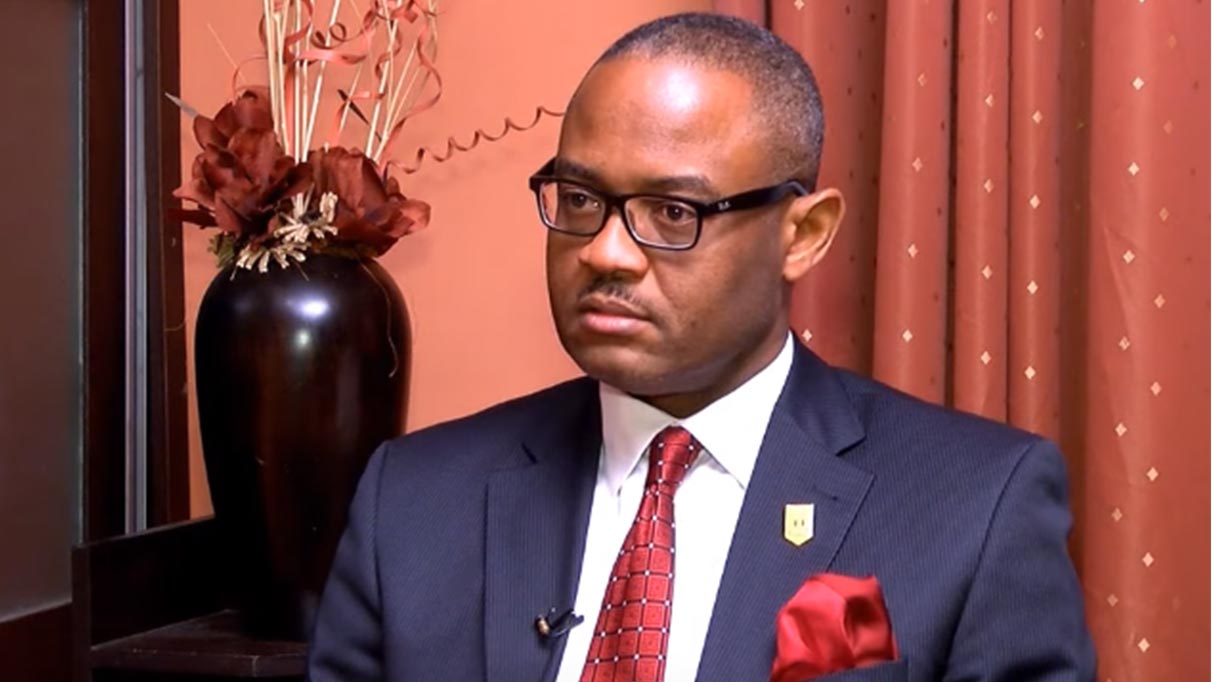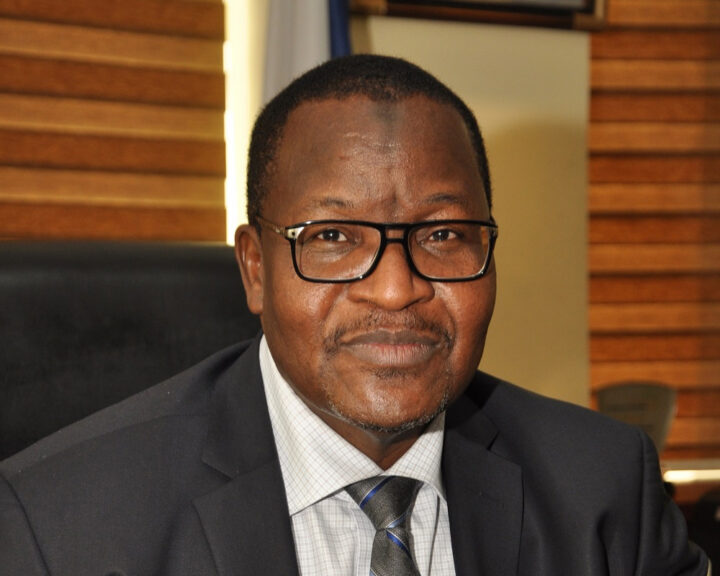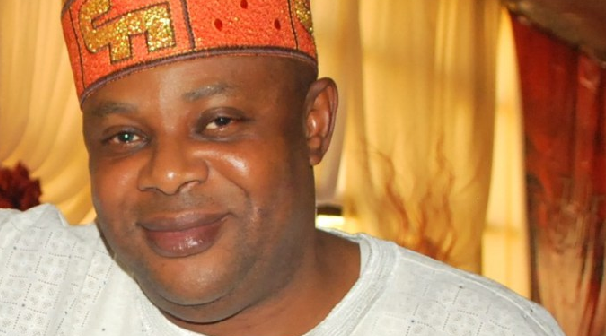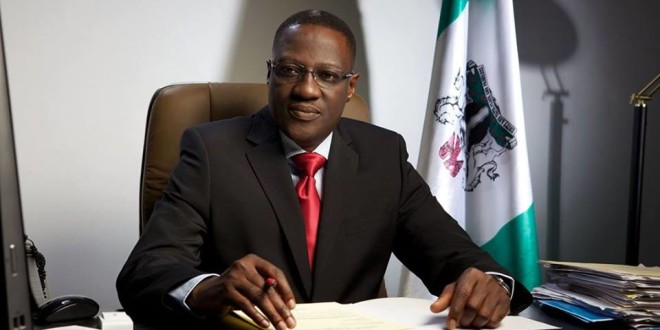BY MICHAEL FALOSEYI
Not many options were available to the Federal Government at the dawn of the present political dispensation in 1999 over the state of the power sector. One option was to allow total collapse of the government owned utility company, the National Electric Power Authority (NEPA), which was already comatose as at then.
Yet another option was for the government to hands off and allow private sector participation. And that was the path the government chose. Even those who may be averse to this option, especially those of the socialist school of thought, no doubt agree that something needed to be done about the situation, as many of the power plants like Ijora and Sapele thermal stations were totally down, and some of the power stations in operation were on the verge of collapse. The hydro stations were not in any better position with irregular turn around maintenance. The first step the Federal Government took then was the establishment of a technical committee to manage, stabilise the dying power plants and prepare the sector for eventual privatisation. Next was the formulation of the Power Sector Reform Policy from where the Electric Power Sector Reform (EPSR) Act 2005 was enacted.
It was obvious from the above scenario, that the postscripts and prologues to the narration of developments in the Nigerian power sector were a story of unrealised expectations from over six decades of electricity supply in Nigeria. However, a bold step was taken to rewrite the script within the last ten years. That process of rewriting the script started with the enactment of EPSR Act 2005, from which the Nigerian Electricity Regulatory Commission (NERC) derived its mandate to midwife the reform process.
Advertisement
Ten years after that bold step at privatising the power sector, some cynics are quick to say nothing really has changed other than creation of agencies, parastatals and balkanisation of the erstwhile government monopoly – NEPA. However, arriving at such conclusion may not be a fair assessment of the reform implementation, considering grounds already covered by the NERC in championing the process. Much work has gone into laying the needed foundation, as well as the actualisation of the objectives of the power sector privatisation in this last ten years. It is to the credit of NERC, working with other agencies of government, that the public utilities were seamlessly transferred to private owners in November 2013.
The Federal Government while selling the power sector reform to Nigerians may have inadvertently stirred up certain expectations: that electricity supply would become stable and uninterrupted the next morning the assets were transferred. Inability to meet this unrealistic expectation may have jaundiced the estimation of ordinary Nigerians who are running out of patience to experience uninterrupted electricity supply, even as the regulator preoccupied itself with laying the needed foundation for stable electricity supply in the country. While it may be clear to those who are knowledgeable about the power sector that NERC’s mandate as stated in its enabling act is not to provide utility service, not many Nigerians would understand the complexity of the industry. On the contrary, the regulator’s mandate is to stimulate an investment-friendly environment for private investors to come into the sector, and ultimately ensure that electricity is adequate, reliable and safe. Achieving this mandate requires a lot of painstaking and preparatory efforts, such as formulation of rules, regulations and codes to guide participants’ behaviours. Unfortunately these preparatory efforts are not readily visible to those who want electricity like yesterday.
In discharging this onerous task within the past ten years, the Commission can look back with some satisfaction that it has achieved some modest accomplishments even if electricity is yet to be adequate. It is nevertheless expected that many Nigerians would disagree with this because what they need is electricity on demand.
Advertisement
However, the Commission discharges its responsibilities using a number of regulatory instruments, such as its power to regulate entry and exit into the market, as well as approve tariff, set technical standards, and ensure that participants play by the rules. New entrant into the emerging electricity market requires the Commission’s licence or permit, as the case maybe. The Commission has in this regard issued over 142 licences since 2005. These licences have a combined capacity for more than 36,000 megawatts made up of both on-grid and off- grid. Some of these licences made considerable contributions to the peak generation of 5000megawatts achieved first quarter 2016, which has unfortunately nosedived owing to activities of agitators in the Niger Delta and vandalism of gas pipelines to thermal stations. Regrettably, though, most of these licences, especially the ones granted initially, have been unable to achieve the economic values of their licences owing to certain institutional constraints. Such constraints include the non-creation of bulk electricity trading company and declaration of transitory electricity market among others. Both of these were only created in the last four years.
Some other preparatory works undertaken by the Commission to stimulate private sector participation and ensure adequacy in power supply include the formulation of about 28 regulations now guiding participants in the emerging electricity market. Other instruments that would be deployed soon include 12 regulations that are at various stages of completion. The Commission has also intervened in the market operations using other statutory instruments like codes, standards and orders or directives that are now in excess of 150.
Perhaps, the most significant regulatory interventions by the Commission include formulation of regulations like the Independent Electricity Distribution Networks. This regulatory instrument is to promote participation of private individuals, local and state governments in power distribution networks, especially in those locations that are not adequately serviced by the electricity distribution companies. Regulation on Embedded Generation is another commendable effort of the Commission. The regulation encourages electricity distribution companies to buy power directly from power plants within their franchise areas without recourse to the national grid. Also of significance is the development of the Multi Year Tariff Order (MYTO) which determines tariff path fifteen years ahead. The Order replaces the rule-of-thumb approach that prevailed prior to the formation of the Commission. The formulation of regulations on connections and disconnection as well as Customer Complaints Handling: Standards and Procedure are landmarks as they sought to protect the customers against extortionist tendencies by the market operators.
Two other regulations, the bulk procurement guidelines and feed-in-tariffs for renewable energy, are capable of stimulating market participants to bring the much needed private sector investments thereby making power more abundant for Nigerians with time. These two regulations are intended to encourage alternative sources of electricity generation, as well as make the process of procurement of power less burdensome to investors. The formulation of the market rules by the Commission has also ensured smooth commercial administration of the emerging electricity market.
Advertisement
However, if the initial six to seven years of the Commission’s activities were challenging as it was pre-occupied with formulation of business and market rules, codes, regulations and orders, the last four to three years have been daunting. This is because most of these regulatory instruments are now being put to both operational and legal tests. It is, however, relieving that most of these regulatory instruments have survived the stress tests, even though some of them, such as the MYTO, have had to undergo minor adjustments to suite the prevailing circumstances.
For instance, on the eve of the Commission’s tenth anniversary an individual sued the Commission over tariff increase. That suit, perhaps, provided a legal test even for the Commission’s existence. The eventual judicial pronouncement, though not in the Commission’s favour, did not in any way invalidate the power of the Commission with respect to economic and technical regulation of the power sector. Besides, the Commission has already challenged that court judgement.
The Commission having satisfactorily laid the foundation for the budding electricity market is gradually shifting focus to tackling the emerging challenges of managing operators’ attitude. The immediate past Chairman, Dr. Sam Amadi, on the eve of his departure in December 2015, had signalled possible change in regulatory approach to match the reality of the market. That announcement was informed by the operators’ misconception of the Commission’s good intention to guide them through this initial stage of market development as they take economic advantage of the fledging electricity market. One of such measures that were misconstrued is the declaration of the Interim Electricity Market, where there is no strict applications of contractual obligations. The change in regulatory approach is evident in the recent steps taken by the Commission when the acting Chief Executive Officer, Dr. Anthony Akah, mni, approved sanctions on four operators over their failures to submit quarterly reports and treat customer complaints referred to them by the Commission. The market has also migrated to transitory electricity market where operators now abide by the terms and conditions of their contracts. And to borrow the popular parlance- ‘it is no longer business as usual.’
We can, therefore, look forward with optimism as NERC enters a new decade of existence that coincides with the arrival of new set of Commissioners, expectedly before the end of 2016. The incoming team will have the responsibilities to consolidate on the foundational works started by Dr. Ransome Owan team of 2005, built upon by Mallam Imamuddeen Talba led management team of 2009; advanced by Dr. Sam Amadi led team of 2010 Commissioners and stabilised by Dr. Akah led management team of 2016.
Advertisement
Faloseyi is the head, media unit of NERC
Advertisement
Views expressed by contributors are strictly personal and not of TheCable.
Add a comment






